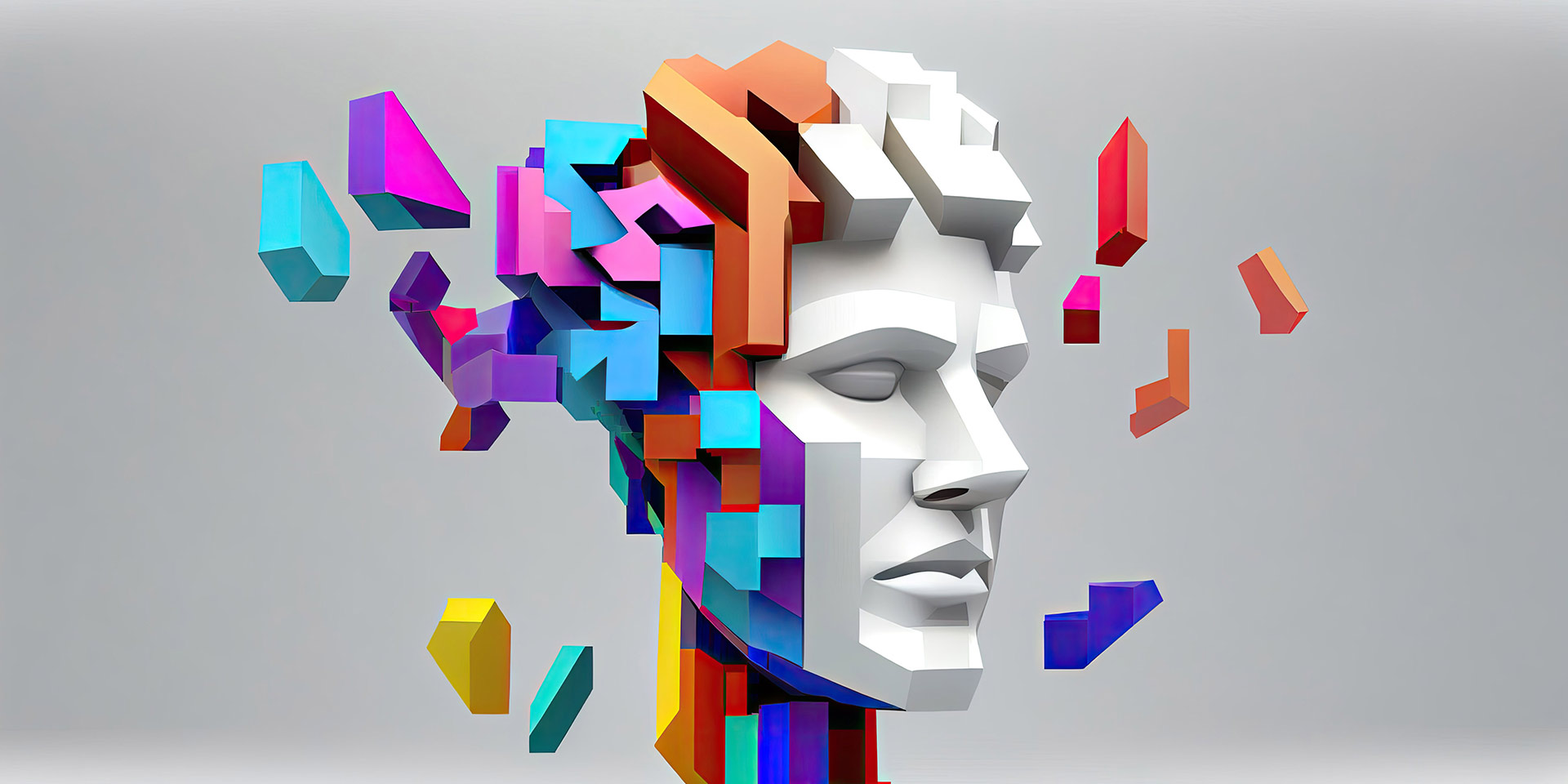ServiceDigiCulture: Digital and Sustainable Service Innovation for the Cultural and Creative Sectors
The cultural and creative sectors (CCS) were among the most severely impacted sectors of COVID-19 (1,2,3, 4) caued unemployment and precariousness on labour affected circa 8,7 million people on the CCS sectors in the EU and 1,1 million cultural enterprises, and hence hampering re-entering to and entering to labour markets for the first time. Consequently, the activity of the sector diminished. The situation caused irreparable damage and a permanent decline of the cultural and creative sectors in Europe, and their consumption impaced well-being and cohesion of the communities and impaced other sectors too, such as tourism.
CCS sectors need permanent, adaptable and sustainable solutions to tackle societal change caused by the COVID-19 and any other new ones. ServiceDigiCult project aimed to develop skills of unemployed, employed, self-employed and micro and small organisations in the CCS sectors to tackle the challenges COVID-19 and upcoming challenges. The skills areas to tackle focused on innovating and reinventing services, making service of products, to be delivered to customers in a new society harnessing digitalisation into it, and strategic foresight to tackle any future challenges and changes.
Aim
ServiceDigiCult project aimed to create an online training and toolkit of service innovation for the cultural and creative sectors in order to foster their service innovation and development into novel and sustainable solutions which could also be provided digitally. Service innovation and design can be used for rethinking own product offer into new services using for instance digitalisation. Hence, the project used creative methods to tackle the challenges of the CCS sectors.
Training was supported by handbooks for the learners and trainers on how to use training and the toolkit, and a sustainable strategic foresight guide to create readiness to foresee and react to societal and sectoral changes using the service innovation. The training could be used as autonomous online training independent of time and place, but also as trainer-led blended or virtual learning. The toolkit and the materials were freely and openly available online to ease the access to them and the use of them.
Target groups:
- Target group 1: unemployed, employed, self-employed and micro and small organisations in the cultural and creative sectors in the EU needing novel service innovation training tailored to their needs
- Target group 2: cultural actors, promoters and enhancers, such as municipalities and cultural organisations and associations, service design and design professionals, enterprise organisations and developers, obtain cutting-edge training material to support the target group 1.
Results
Within the project leded by a consortium of 6 partners from Finland, Bulgaria, Poland, United Kingdom, 4 intellectual outputs were prepared:
- Competency Framework – to define and validate the competency framework that created the basis for the development of other outputs. It involved qualitative and quantitative data for surveys, interviews and desk research.
- ServiceDigiCult Training and toolkit for Online and Blended learning – the training methods were foreseen to combine e.g. text, videos – webinars, examples, and empathy and user-based tools/toolkit of service innovation.
- Handbooks for Implementing ServiceCult Training: ServiceDigiCult Pilot Course – to assist adaptation and use of service innovation and the training and toolkit to rethink own activity.
- Sustainable strategic foresight guide – to enable unemployed, employed, self-employed and micro and small organisations in the cultural and creative sector to proactively foresee and adapt to the changes in the society and adapt these into their activity and service innovation.
Added Value
The great added value of the project layed in its multinational and experienced partnership. The transnational consortium has been selected due to their ability to cover different areas in tackling the challenges, part of them representing the CCS sectors and all being able to access a large number of representatives of the CCS sectors, but also due to their different cultural and creative traditions and sector focuses which hence covered a larger and more heterogenic area of those in Europe. The different realities combined aimed to contribute and create a common European approach which was adaptable to different countries. Apart from core partners, there piloting partners representing creative sectors and we also have associated partners from Finland, Poland, Bulgaria and UK.
Activities
- Seminars and conferences in 2021 – 2023 in all partner countries
- Final International Conference in Poland
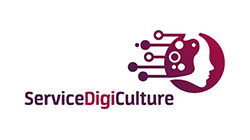
Project duration:
June 2021 – May 2023

More information:
Project coordinator
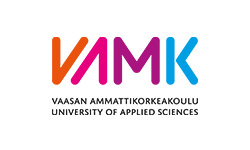
OY VAASAN AMMATTIKORKEAKOULU – VASAYRKESHOGSKOLA AB
Finland
Project partners

Fundacja Rozwoju Aktywności Międzynarodowej i Edukacyjnej – FRAME
Poland
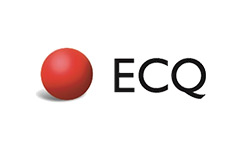
European Center for Quality
Bulgaria
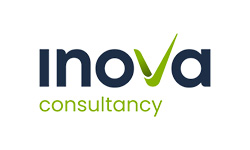
INOVA CONSULTANCY LTD
Great Britain
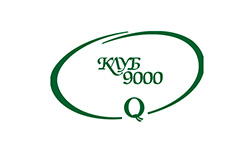
CLUB 9000
Bulgaria
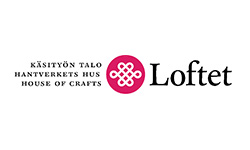
Österbottens Hantverk rf
Finland
Contact the project supervisor
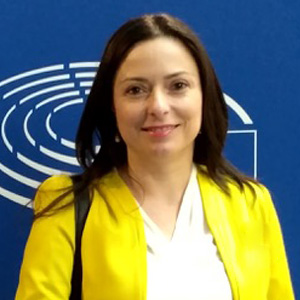
Marta Kędzia
mkedzia(at)euframe.eu

Adam Gogacz
adam(at)gogacz.eu

